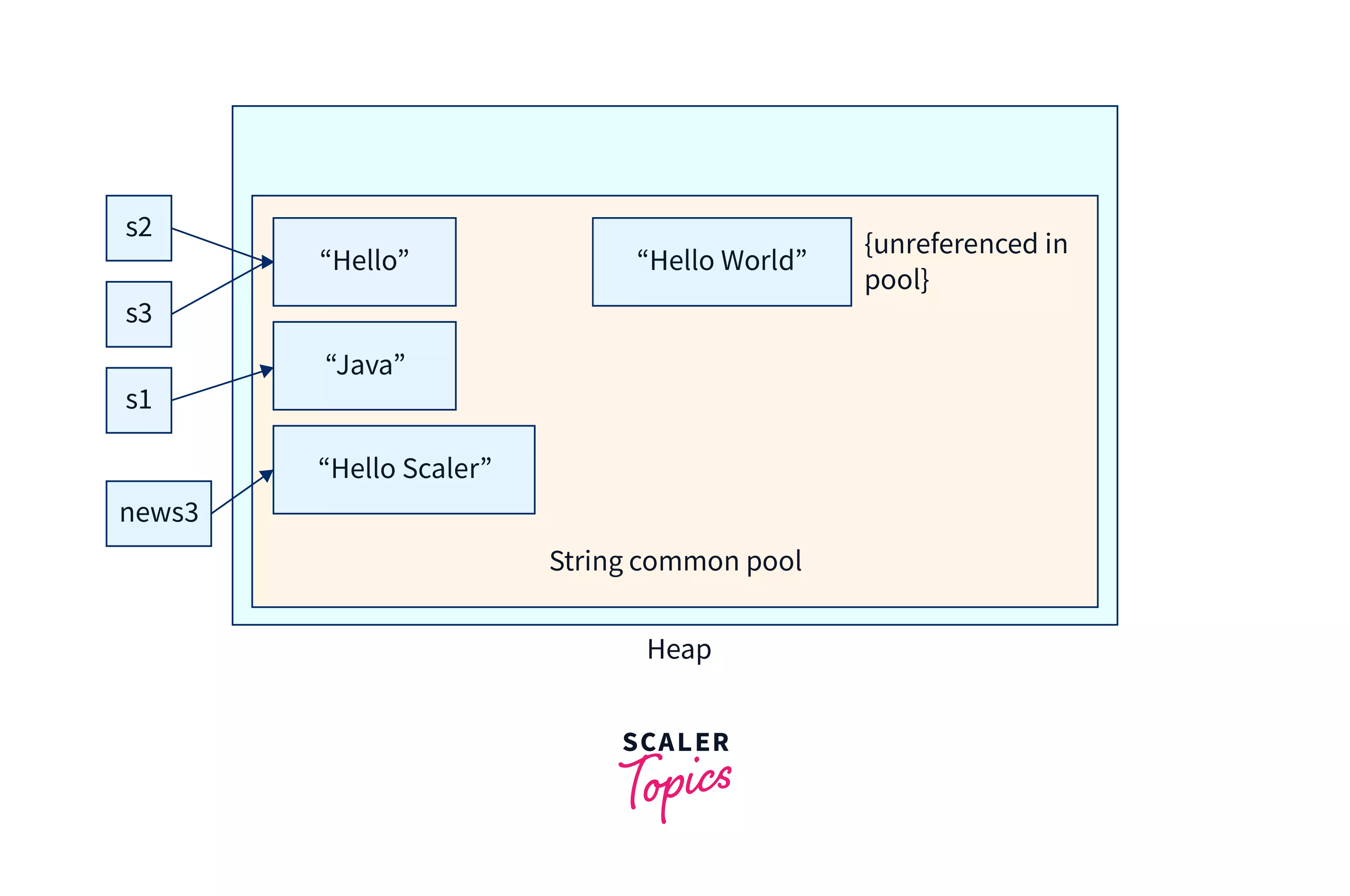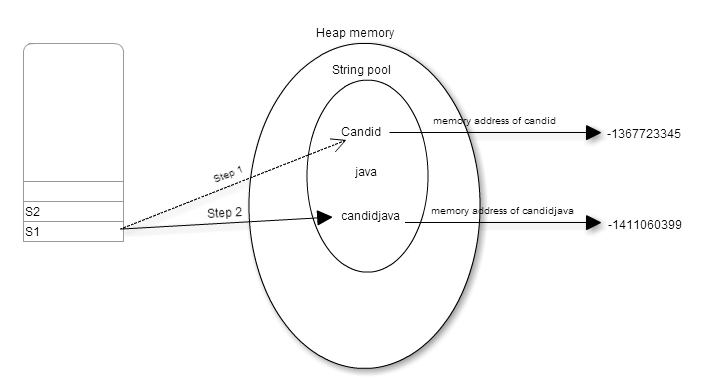What Is Immutable Strings and Just How It Works
In the realm of programs, understanding the idea of immutable strings is vital for developing protected and robust applications. Unalterable strings describe strings that can not be modified after they are developed, making certain data integrity and predictability within the code. This essential principle plays an essential role in different programs languages and offers an unique strategy to managing data. By exploring the ins and outs of exactly how unalterable strings work, one can uncover a world of benefits and possibilities that can raise the high quality and efficiency of software advancement.
The Basics of Immutable Strings
Immutable strings, as an essential concept in programming, are personality sequences that can not be transformed as soon as they are created. This implies that as soon as a string is designated a value, that value can not be changed. In languages like Python and Java, strings are immutable things, bring about various ramifications in terms of memory monitoring and data honesty.
Among the essential advantages of unalterable strings is that they supply a complacency in data adjustment. Considering that the content of an immutable string can not be changed, it guarantees that the original information continues to be undamaged, reducing the danger of unintentional adjustments during program execution (Why are strings immutable in Java?). This residential or commercial property likewise simplifies debugging processes, as designers can trust that when a string is specified, its value will certainly not be accidentally modified
Furthermore, immutable strings promote efficient memory usage. When a new string is produced based on an existing one, instead than changing the initial string, the new value is kept individually. This approach enhances efficiency by minimizing memory fragmentation and simplifying memory allotment procedures. Overall, comprehending the fundamentals of immutable strings is important for grasping programs ideas and enhancing code performance.
Benefits of Immutable Strings
Building upon the security and efficiency advantages of unalterable strings, their benefits encompass boosting code integrity and simplifying simultaneous shows jobs. By being immutable, strings can not be changed after creation, which eliminates the risk of unintended changes in the information they keep. This fundamental immutability makes sure that when a string is produced, its value continues to be consistent throughout the program's implementation, lowering the possibilities of pests created by unanticipated changes.
Furthermore, immutable strings add to code dependability by making it easier to reason regarding the state of a program. Considering that strings can not be changed, developers can rely on that a string will certainly always hold the exact same value, streamlining debugging and maintenance efforts. This predictability causes much more dependable and steady codebases.

Implementation in Shows Languages
Within numerous programming languages, the consolidation of unalterable strings is a basic element that impacts how data is dealt with and controlled within code frameworks. The execution of unalterable strings varies throughout various shows languages, with each language using its very own systems to support this principle.

On the other hand, languages like C and C++ do not have integrated support for unalterable strings. Programmers in these languages must by hand execute immutability by applying rules within their code to stop straight adjustments to string things.
Ideal Practices for Working With Unalterable Strings
When dealing with unalterable strings in shows languages like Java and Python, sticking to finest practices guarantees reliable and safe and secure data adjustment. Among the vital best practices is to use StringBuilder or StringBuffer rather than straight manipulating strings, particularly when taking care of comprehensive concatenation operations. These courses provide mutable choices for string adjustment, assisting to avoid unnecessary memory allotments and enhancing efficiency.
An additional finest practice is to use string interpolation or formatting functions supplied by the language rather than manual concatenation. This not only improves readability but also aids in avoiding common mistakes such as unintentional string adjustments. In addition, when dealing with delicate data such as passwords or API secrets, it is critical to avoid keeping them as plain text in immutable strings. Utilizing protected storage devices like char arrays or specialized collections for handling sensitive details helps minimize security threats connected with view it now unalterable strings.
Real-world Applications and Instances
Checking out practical implementations of unalterable strings in numerous industries reveals their substantial effect on data integrity and system reliability. In the medical care industry, unalterable strings play a crucial function in making sure the safety and confidentiality of patient information. By avoiding unapproved modifications to sensitive info such as medical records and prescriptions, immutable strings help helpful hints preserve compliance with stringent privacy guidelines like HIPAA.
Banks also gain from the immutable nature of strings to improve the safety of consumer information and purchase records. Unalterable strings help protect against scams and unapproved modifications to monetary details, providing a durable protection versus cyber dangers and ensuring the depend on and confidence of clients.

Final Thought
To conclude, immutable strings are dealt with and unchangeable series of personalities that supply advantages such as thread safety and security and improved efficiency in programs. They are applied in different programs languages to ensure data stability and safety. Ideal practices for collaborating with unalterable strings consist of staying clear of direct adjustments and making use of methods that return new string items. Real-world applications of unalterable strings consist of information security, caching, and string adjustment tasks.
Unalterable strings refer to strings that can not be modified after they are produced, ensuring data honesty and predictability within the code. When a brand-new string is produced based on an existing one, rather than modifying the initial string, the new value is stored independently.In languages like Java and Python, strings are immutable by default, suggesting that when a string object is created, its value can not be transformed check that - Why are strings immutable in Java?. Finest practices for functioning with unalterable strings include avoiding direct modifications and making use of approaches that return new string objects. Real-world applications of unalterable strings consist of data security, caching, and string manipulation tasks